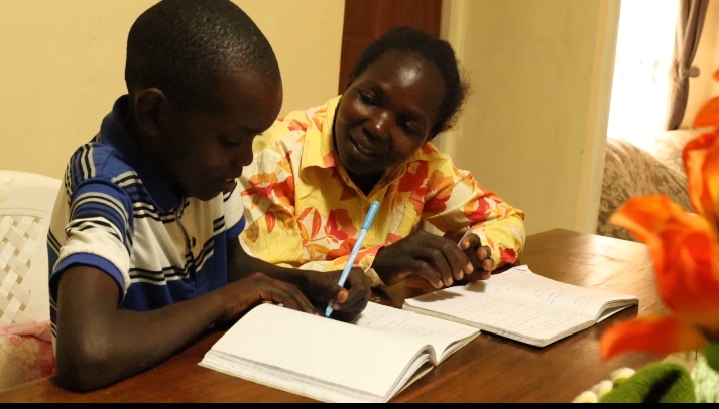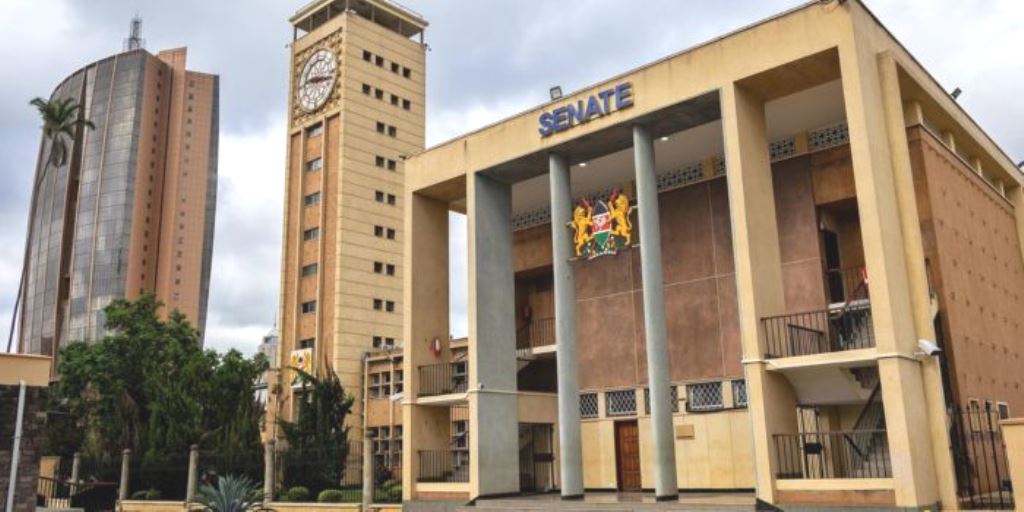The staffroom is often the heartbeat of a school—a place where teachers retreat to rest, share experiences, and offer one another support after long hours in the classroom. It is where laughter, advice, and reflection often find a home. Yet beneath that warmth, lies a delicate responsibility: the need to maintain confidentiality. What is said within the staffroom can either build trust or destroy it, depending on how responsibly teachers handle the information shared there.
Confidentiality is one of the cornerstones of professionalism. Every teacher is entrusted with sensitive information about learners, colleagues, and school operations. This information, when treated with respect and discretion, nurtures trust and strengthens relationships. It encourages open conversations, promotes teamwork, and creates a safe atmosphere where teachers can seek guidance or express their struggles without fear of being judged or exposed. Maintaining confidentiality is therefore not just an ethical obligation—it is an act of integrity and respect for the dignity of others.
There are, however, matters that are perfectly acceptable and even beneficial to share within the staffroom. Teachers can exchange ideas about teaching methods, classroom management, and lesson planning. These professional discussions stimulate creativity and enhance learning outcomes. Sharing updates on school programs, upcoming events, or administrative notices helps keep everyone coordinated and informed. Encouraging one another, celebrating successes, and offering moral support are also positive ways of using staffroom interactions to build unity and motivation among staff members.
Still, not everything belongs in a staffroom conversation. Certain topics are simply too private, sensitive, or harmful to discuss openly. For instance, student information—such as academic performance, disciplinary records, or family challenges—must never be shared casually. Likewise, personal issues about colleagues, such as family problems, health matters, or weaknesses, should remain private. When such information is discussed openly, the line between professional dialogue and gossip is quickly crossed. Conversations about administrative issues like promotions, salaries, or management decisions are also best confined to appropriate channels, not informal talk. Once private details leave the staffroom, they can spread rapidly, taking on new shapes and meanings that were never intended.
ALSO READ:
Kiambu National Poly holds 5th International Research Conference
The consequences of sharing confidential information carelessly can be deeply detrimental. The most immediate effect is the loss of trust. When teachers realize that what was said in confidence has been repeated elsewhere, they feel betrayed. The staffroom, which should be a space of openness, becomes filled with suspicion. Teachers grow silent, guarded, and distant, avoiding meaningful conversations. This breakdown of trust harms collaboration and teamwork, which are essential to the smooth functioning of any school.
The damage also extends to personal reputation. A teacher whose private struggles or mistakes become public may face ridicule or isolation. Even innocent comments, when repeated out of context, can ruin a person’s image or create lasting tension among colleagues. In some cases, the harm can be so severe that it affects a teacher’s morale, mental well-being, and professional confidence.
At times, the effects of broken confidentiality reach even deeper—into personal and family relationships. When private matters shared between couples are exposed or discussed openly in the staffroom, it can completely bring down a relationship built on trust. A casual remark about a partner, when repeated or misinterpreted, may cause misunderstanding, resentment, or lasting emotional wounds. In schools where couples work together, a single leak of private information can turn mutual support into suspicion and distance. Once trust is lost in both the home and workplace, restoring it becomes extremely difficult.
Worse still, opportunists—those who thrive on conflict and manipulation—can easily exploit such situations. When flaws, mistakes, or private struggles are exposed, these individuals use them to undermine relationships or situations for personal gain. They twist information to create division, influence opinions, or damage reputations. In doing so, they not only destroy trust between individuals but also corrode the unity of the entire staffroom. What begins as a careless word can become a weapon in the hands of someone eager to control, compete, or appear superior.
ALSO READ:
Pay publishers now or face Grade 10 textbook crisis, stakeholders warn
The harm does not end with teachers alone. When students’ personal or academic details are carelessly shared, it can deeply affect their dignity and trust in teachers. A learner who hears their challenges or family issues being discussed may feel humiliated or unsafe. Such breaches of trust can lead to emotional distress, loss of motivation, and even resentment toward authority. Teachers, who should be role models of integrity, risk damaging the very foundation of respect on which education is built.
Moreover, uncontrolled sharing of information can undermine school leadership. When rumors about promotions, administrative decisions, or policy changes circulate, they breed unnecessary suspicion and resentment. The focus shifts from teaching and teamwork to speculation and blame. The school community becomes divided, and instead of unity, bitterness grows. In the end, even the school’s public reputation suffers. Parents and community members expect teachers to uphold professionalism and discretion. Once they perceive a culture of gossip or carelessness, their trust in the institution diminishes, and the school’s image may be permanently stained.
In all these ways, shared information, when handled recklessly, can wound individuals, strain relationships, and destabilize the harmony of the entire school. That is why teachers must always think before they speak. Every word should be guided by kindness, truth, and necessity. Not everything known needs to be said, and not every story heard deserves to be repeated. Silence, in many cases, is not a sign of weakness but of wisdom.
Ultimately, the staffroom should remain a place of trust, warmth, and professional growth—not a breeding ground for gossip or division. When teachers guard confidentiality, they guard the soul of the profession. They show maturity, integrity, and respect for both their colleagues and their students. A trustworthy staffroom reflects a trustworthy school. By keeping sensitive matters private and using conversations to uplift rather than to destroy, teachers create an environment where everyone—educators and learners alike—can thrive in peace, respect, and unity.
By Hillary Muhalya
You can also follow our social media pages on Twitter: Education News KE and Facebook: Education News Newspaper for timely updates.
>>> Click here to stay up-to-date with trending regional stories
>>> Click here to read more informed opinions on the country’s education landscape






